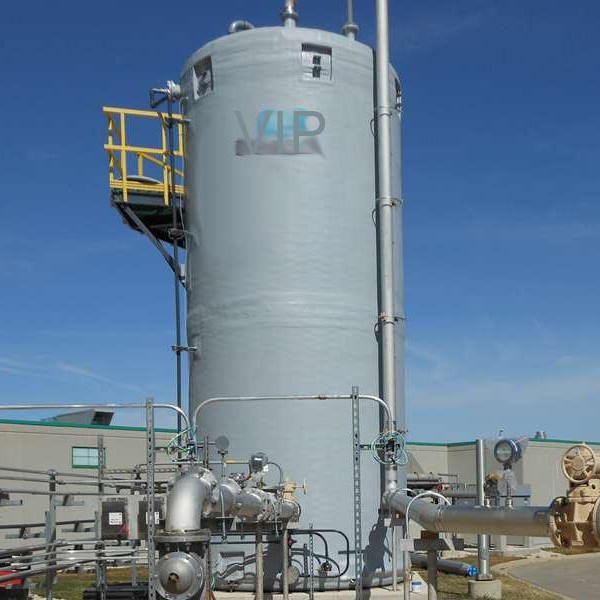
-
 Afrikaans
Afrikaans -
 Albanian
Albanian -
 Amharic
Amharic -
 Arabic
Arabic -
 Armenian
Armenian -
 Azerbaijani
Azerbaijani -
 Basque
Basque -
 Belarusian
Belarusian -
 Bengali
Bengali -
 Bosnian
Bosnian -
 Bulgarian
Bulgarian -
 Catalan
Catalan -
 Cebuano
Cebuano -
 China
China -
 China (Taiwan)
China (Taiwan) -
 Corsican
Corsican -
 Croatian
Croatian -
 Czech
Czech -
 Danish
Danish -
 Dutch
Dutch -
 English
English -
 Esperanto
Esperanto -
 Estonian
Estonian -
 Finnish
Finnish -
 French
French -
 Frisian
Frisian -
 Galician
Galician -
 Georgian
Georgian -
 German
German -
 Greek
Greek -
 Gujarati
Gujarati -
 Haitian Creole
Haitian Creole -
 hausa
hausa -
 hawaiian
hawaiian -
 Hebrew
Hebrew -
 Hindi
Hindi -
 Miao
Miao -
 Hungarian
Hungarian -
 Icelandic
Icelandic -
 igbo
igbo -
 Indonesian
Indonesian -
 irish
irish -
 Italian
Italian -
 Japanese
Japanese -
 Javanese
Javanese -
 Kannada
Kannada -
 kazakh
kazakh -
 Khmer
Khmer -
 Rwandese
Rwandese -
 Korean
Korean -
 Kurdish
Kurdish -
 Kyrgyz
Kyrgyz -
 Lao
Lao -
 Latin
Latin -
 Latvian
Latvian -
 Lithuanian
Lithuanian -
 Luxembourgish
Luxembourgish -
 Macedonian
Macedonian -
 Malgashi
Malgashi -
 Malay
Malay -
 Malayalam
Malayalam -
 Maltese
Maltese -
 Maori
Maori -
 Marathi
Marathi -
 Mongolian
Mongolian -
 Myanmar
Myanmar -
 Nepali
Nepali -
 Norwegian
Norwegian -
 Norwegian
Norwegian -
 Occitan
Occitan -
 Pashto
Pashto -
 Persian
Persian -
 Polish
Polish -
 Portuguese
Portuguese -
 Punjabi
Punjabi -
 Romanian
Romanian -
 Russian
Russian -
 Samoan
Samoan -
 Scottish Gaelic
Scottish Gaelic -
 Serbian
Serbian -
 Sesotho
Sesotho -
 Shona
Shona -
 Sindhi
Sindhi -
 Sinhala
Sinhala -
 Slovak
Slovak -
 Slovenian
Slovenian -
 Somali
Somali -
 Spanish
Spanish -
 Sundanese
Sundanese -
 Swahili
Swahili -
 Swedish
Swedish -
 Tagalog
Tagalog -
 Tajik
Tajik -
 Tamil
Tamil -
 Tatar
Tatar -
 Telugu
Telugu -
 Thai
Thai -
 Turkish
Turkish -
 Turkmen
Turkmen -
 Ukrainian
Ukrainian -
 Urdu
Urdu -
 Uighur
Uighur -
 Uzbek
Uzbek -
 Vietnamese
Vietnamese -
 Welsh
Welsh -
 Bantu
Bantu -
 Yiddish
Yiddish -
 Yoruba
Yoruba -
 Zulu
Zulu
Understanding the Function and Importance of FRP Valves in Industrial Applications
Understanding FRP Valves A Comprehensive Overview
Fiberglass Reinforced Plastic (FRP) valves are becoming increasingly popular in various industries due to their unique properties and advantages over traditional materials like metal and rubber. This article aims to provide a comprehensive overview of FRP valves, their applications, benefits, and key considerations for use.
What are FRP Valves?
FRP valves are designed using a composite material made from a polymer matrix reinforced with fiberglass. This combination results in a lightweight yet robust product with excellent corrosion resistance, making it suitable for demanding environments. These valves can be fabricated in various shapes, sizes, and configurations, such as ball valves, butterfly valves, and gate valves, catering to different industrial needs.
Applications of FRP Valves
FRP valves are widely used across various sectors, including
1. Chemical Processing Due to their corrosion resistance, FRP valves are ideal for handling aggressive chemicals, acids, and alkalis without degrading over time. This makes them a reliable choice for maintaining safety and performance in chemical plants.
2. Water Treatment In water treatment facilities, FRP valves help manage the flow of water with minimal risk of contamination. Their resistance to rust and scaling contributes to maintaining water quality.
3. Oil and Gas The oil and gas industries benefit from FRP valves due to their lightweight nature and resilience under extreme conditions. They can endure high pressures and temperatures, making them suitable for various applications, including pipeline systems.
4. Pharmaceuticals The pharmaceutical industry demands strict hygiene and quality standards. FRP valves meet these requirements, preventing contamination and ensuring the integrity of fluid systems.
5. Food and Beverage In food processing, materials must be safe and hygienic. FRP valves are non-reactive and can handle various liquids and gases without imparting any flavors or contaminants.
Benefits of FRP Valves
The adoption of FRP valves comes with several key benefits
frp valve

- Corrosion Resistance One of the main advantages of FRP valves is their excellent resistance to corrosion. Unlike metal valves, FRP does not rust or corrode, leading to longer service life and reduced maintenance costs.
- Lightweight FRP valves are significantly lighter than their metal counterparts, making them easier to handle and install. This lightweight feature is especially advantageous in applications where weight reduction is critical.
- Temperature Resistance FRP valves can withstand a range of temperatures, making them suitable for both hot and cold applications. This versatility allows industries to use them in various operational environments.
- Cost-Effectiveness Although the initial investment in FRP valves may be higher than traditional options, their durability and minimal maintenance needs can lead to lower overall costs in the long run.
- Customization FRP valves can be tailored to meet specific requirements, including unique shapes, sizes, and pressure ratings, allowing for greater flexibility in industrial applications.
Considerations When Choosing FRP Valves
While FRP valves offer numerous advantages, several considerations must be kept in mind when selecting them for specific applications
1. Compatibility Ensure that the FRP material is compatible with the fluids being handled. Certain chemicals may require specific formulations or additional protective measures.
2. Pressure Ratings Evaluate the pressure and temperature conditions of the system to select FRP valves that meet the required specifications.
3. Installation and Maintenance Proper installation is crucial for optimal performance. Training personnel on how to handle and maintain FRP valves can further extend their lifespan and reliability.
4. Quality Standards Always choose FRP valves from reputable manufacturers who adhere to industry standards and quality controls to ensure product reliability.
In conclusion, FRP valves represent a significant advancement in valve technology, offering efficient, durable, and cost-effective solutions across various industries. Their unique properties make them a preferred choice where traditional materials might fail, contributing to enhanced safety and operational efficiency. As industries continue to evolve, the role of FRP valves will undoubtedly expand, paving the way for innovative applications and improved performance in fluid management systems.









